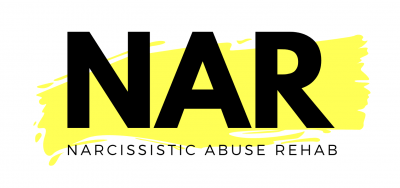Reflections on the role of attachment disorders in addiction as well as family- and intimate partner violence.
Manya Wakefield
Manya Wakefield is a recovery coach specializing in cognitive behavioral therapy and coercive trauma. Her expertise has been featured in publications such as Newsweek, Elle, Cosmopolitan, and Huffington Post. In 2019, she launched the social impact platform Narcissistic Abuse Rehab, building a global audience through human rights advocacy. The same year, she published the book ‘Are You In An Emotionally Abusive Relationship,’ which is used in domestic violence recovery groups around the world. In 2020, Manya developed The Coercive Control Legislation Global Database. She is also the host of The Narcissistic Abuse Rehab Podcast, which is available on Apple Podcasts, Spotify, and Amazon.
New allegations surface that disgraced mogul Sean “Diddy” Combs influenced convicted rapist Danny Masterson’s predatory behavior.
Domestic Violence Awareness Month raises awareness, supports survivors, and promotes prevention. Learn its history, significance, and ways to help.
Conversations about domestic abuse are often focused on what’s visible—physical violence, bruises, the tangible evidence of harm. However, physical violence is an instrument used to enforce regimes of coercive control in which victim-survivors are carefully groomed from subjugation using a pattern of psycho-emotional manipulation called coercive control. Over time, the cumulative effects of this type of abuse lead to the…
Kim Porter’s children dispute femicide rumors and disavow the book “Kim’s Lost Words: A Journey for Justice from the Other Side”.
Gene Deal backs Al B Sure! and carefully words his belief that Sean “Diddy” Combs killed Kim Porter in an act of femicide.
Al B! Sure says he believes Kim Porter was murdered to stop her from exposing a sex trafficking ring.
As autumn settles in, we enter a new season: hobosexual season. As the air turns crisp and the leaves start to fall, these slick-talking opportunists prowl around seeking to exploit financially secure, independent women. While the term may elicit a chuckle, the harm inflicted by these con artists can be severe. While low-level hobosexuals love-bomb their way into a…
Sean Combs denied bail on sex trafficking, racketeering, and coercive control. He remains in custody at MDC Brooklyn.
Are you experiencing abuse after a separation? Learn about your rights and where to find help during Post-Separation Abuse Awareness Week.










